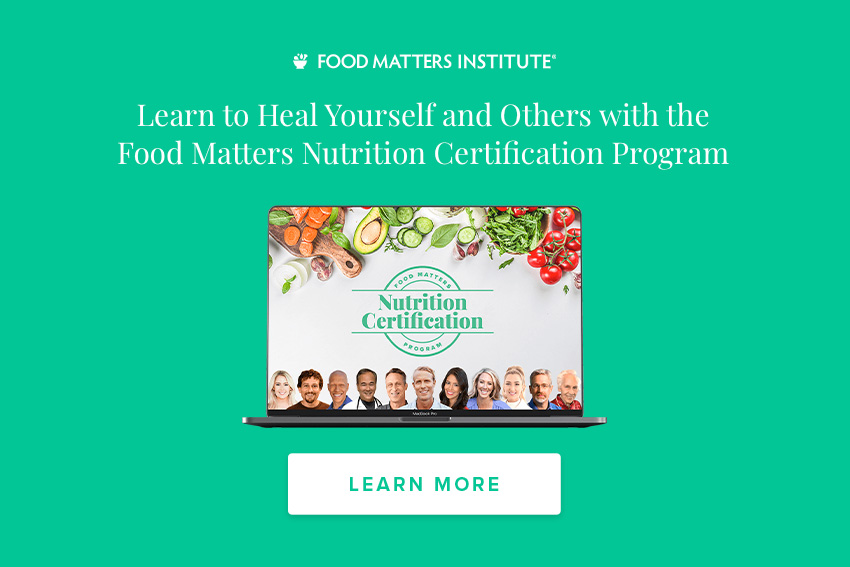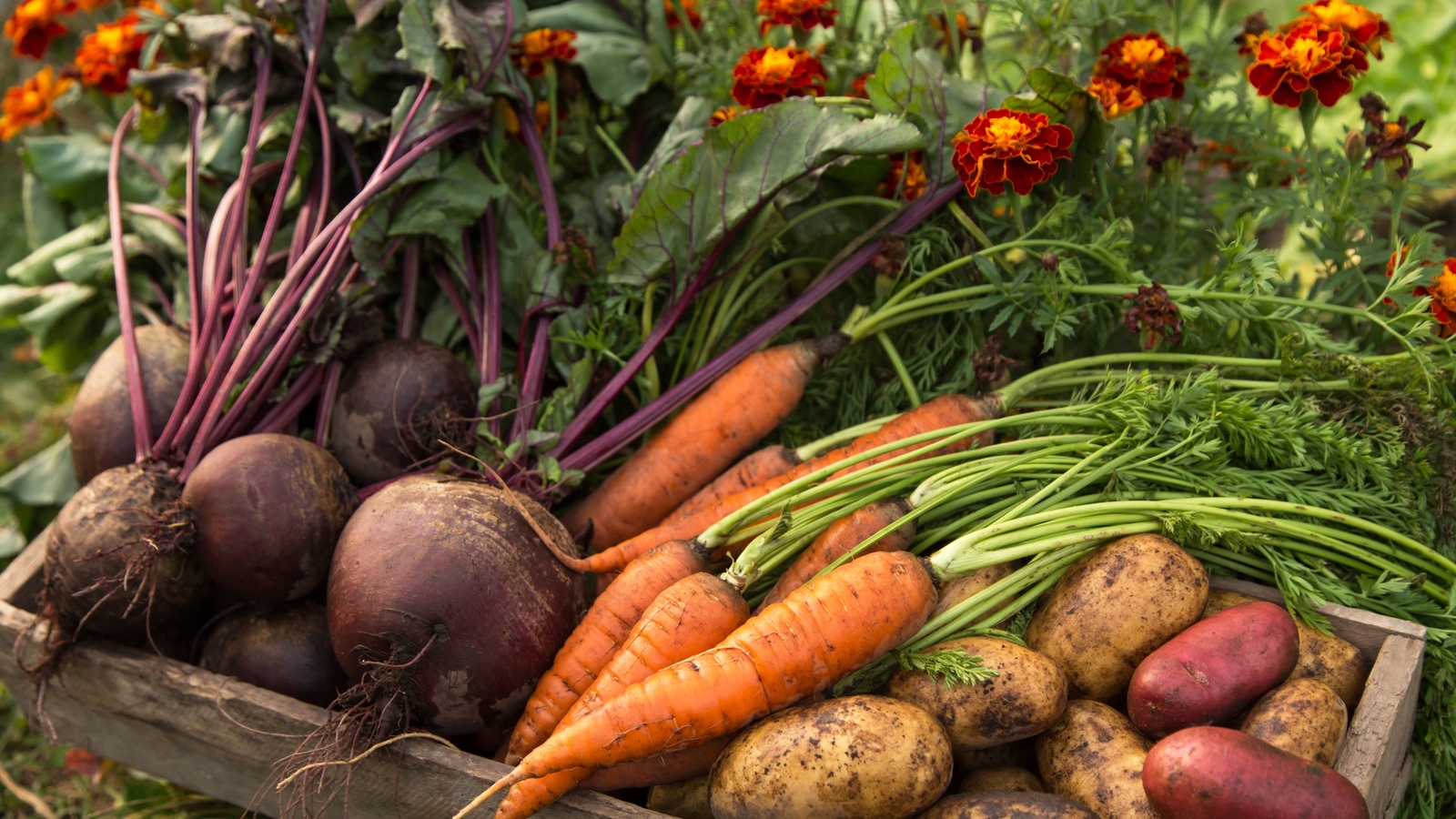5 Ways to Lower Your Pesticide Consumption
Pesticides are commonly used in conventional farming to protect crops from pests, but unfortunately their residues can remain on the food we eat. Over time, exposure to these chemicals may pose health risks, including hormone disruption, neurological issues, and an increased risk of certain cancers. Fortunately, there are simple and effective ways to reduce your pesticide intake. Here are five strategies to help you minimize your exposure and make healthier choices for you and your family.
1. Choose organic when possible
One of the most effective ways to lower your pesticide consumption is by choosing organic produce. Organic farming practices prohibit the use of synthetic pesticides and fertilizers, relying instead on natural methods like crop rotation, composting, and biological pest control. While organic produce may still contain some pesticide residues (from natural sources or cross-contamination), the levels are typically much lower than those found in conventionally grown foods.
To make the most of your organic purchases, prioritize buying organic versions of the "Dirty Dozen"—a list of fruits and vegetables identified by the Environmental Working Group (EWG) as having the highest levels of pesticide residues. Common items on this list include strawberries, spinach, and apples. By focusing on organic options for these foods, you can significantly reduce your pesticide intake. Check out this year’s list here.
2. Wash & peel your produce
Properly washing and peeling your fruits and vegetables can help remove some of the pesticide residues on their surfaces. While water alone can remove a portion of these residues, studies suggest that using a mixture of water and baking soda or a vinegar solution can be even more effective.
Here’s a simple method: fill a large bowl with water, add a tablespoon of baking soda or vinegar, and soak your produce for 15-20 minutes. After soaking, scrub the produce with a brush and rinse it thoroughly under running water. For produce with thick skins, like cucumbers or apples, peeling can further reduce pesticide exposure, although it may also remove some of the nutrients found in the skin.
3. Support local & seasonal produce
Buying local and seasonal produce can be a smart way to lower your pesticide consumption. Small-scale farmers often use fewer pesticides, and locally grown produce typically requires fewer chemical treatments to preserve freshness during transport. Additionally, seasonal produce is harvested at its peak ripeness, reducing the need for synthetic inputs to manage pest pressures.
Visit farmers' markets or join a community-supported agriculture (CSA) program to connect with local farmers. Don’t hesitate to ask them about their farming practices and whether they use pesticides. Many small farms follow organic or low-pesticide practices even if they aren’t certified organic, so building relationships with local growers can provide valuable insight into how your food is produced.
4. Grow your own food
Growing your own fruits, vegetables, and herbs is a powerful way to take control of what goes into your food. By cultivating a home garden, you can ensure that no synthetic pesticides or chemicals are used, giving you peace of mind about the safety of your produce.
Starting a garden doesn’t require a large space—container gardening on a balcony or windowsill can yield fresh herbs, tomatoes, and leafy greens. For those with more space, consider planting a variety of vegetables that suit your climate and soil conditions. Home gardening also allows you to experiment with organic pest control methods, such as companion planting, natural predators, and homemade insecticidal soaps, further reducing the need for chemical inputs. If you’re a beginner, check out some tips of the best vegetables to start with here.
5. Diversify your diet
Eating a wide variety of fruits and vegetables can help reduce your overall exposure to pesticides. Different crops are treated with different pesticides, so by diversifying your diet, you minimize the likelihood of consuming large amounts of any single pesticide. Additionally, a varied diet ensures that you receive a broad spectrum of nutrients, which is key to maintaining overall health.
Incorporate a colorful mix of fruits and vegetables into your meals, and try to rotate the types of produce you eat regularly. This not only helps reduce pesticide exposure but also makes your meals more exciting and nutritionally balanced.
Reducing your pesticide consumption is a practical and achievable goal that can have significant benefits for your health. By choosing organic, washing and peeling your produce, supporting local and seasonal foods, growing your own garden, and diversifying your diet, you can minimize your exposure to harmful chemicals and make more informed choices about what you put on your plate. Each small step you take contributes to a healthier lifestyle and a safer food system for everyone.
Do you have a passion for nutrition & natural healing?. Learn more about the Food Matters Nutrition Certification Program here.










